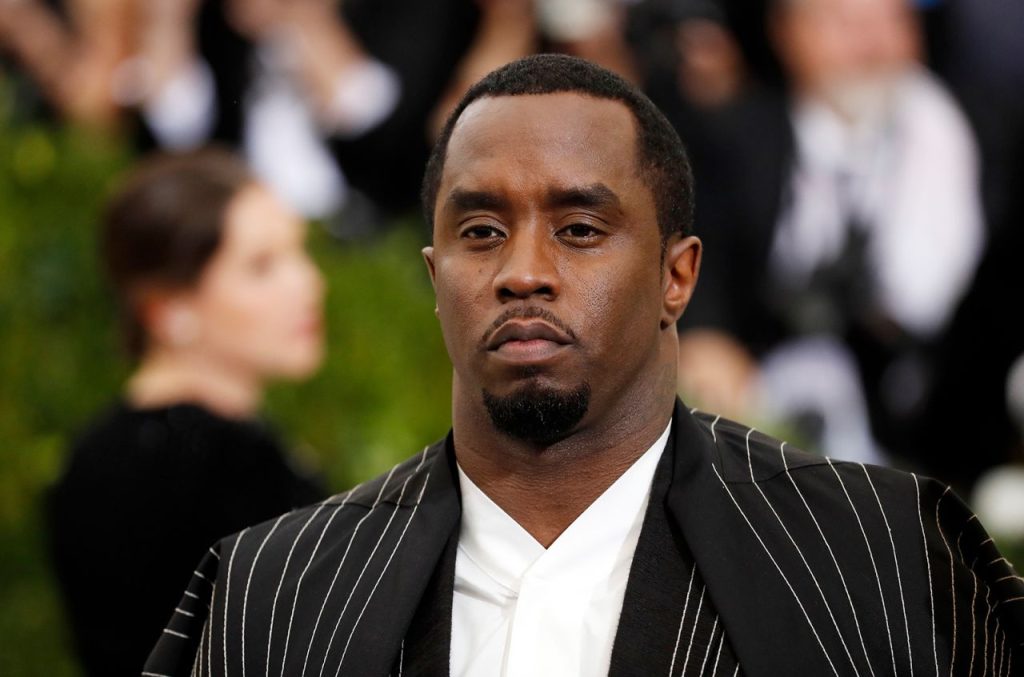Music mogul Sean “Diddy” Combs is pursuing a presidential pardon ahead of his October 3 sentencing for felony convictions, though sources close to the matter suggest former President Donald Trump remains unlikely to grant clemency. The development marks a dramatic turn in the legal saga surrounding the hip-hop icon, who faces up to 20 years in prison following his conviction last month on two counts of transportation to engage in prostitution.
Nicole Westmoreland, part of Combs’ defense team, confirmed to CNN that formal overtures have been made to Trump’s camp. “We’ve reached out and had conversations in reference to a pardon,” she said. The disclosure highlights an urgent effort by the 55-year-old music executive to avoid potential incarceration despite his recent guilty verdict.
Trump, while acknowledging a personal connection to Combs during a Friday interview with Newsmax, offered little encouragement. “I’m friendly with Diddy,” the former president stated, adding bluntly when pressed about potential clemency: “I would say so, yeah” — suggesting his personal rapport wouldn’t influence legal decisions. The remarks align with growing skepticism among legal analysts about the viability of pardon requests for federal convictions unrelated to Trump’s own administration.
The charges stem from a New York trial where prosecutors successfully argued that Combs facilitated interstate travel for sex workers. Each count carries a maximum 10-year sentence, though first-time offenders often receive reduced penalties. Combs’ legal team has yet to comment on potential appeals or sentencing mitigation strategies beyond the pardon bid.
Presidential pardon authority, while broad, typically involves extensive vetting through the Justice Department’s Office of the Pardon Attorney. Trump’s historically unconventional approach to clemency — including high-profile grants to rappers Kodak Black and Lil Wayne — had fueled speculation about Combs’ chances. However, experts note that outgoing presidents often prioritize cases with strong advocacy from political allies or compelling social justice dimensions, factors absent in this instance.
As the October sentencing date approaches, Combs’ team faces mounting pressure to stabilize the career of a figure whose Bad Boy Records label reshaped 1990s hip-hop. The case has drawn international attention, underscoring both the reach of U.S. federal law and the complex interplay between celebrity culture and judicial processes. With Trump maintaining distance from the request, legal observers anticipate heightened scrutiny of sentencing arguments and potential prison assignment protocols for high-profile defendants.
